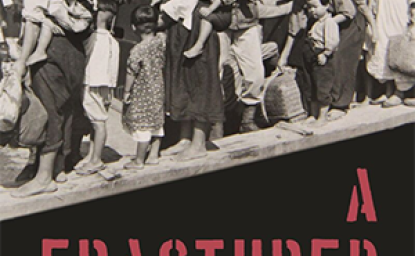#126 The Caribbean and the United States: Problems and Prospects

By Gertrude Fraser
From the Introduction
There is great diversity within, as well as variation between, Caribbean societies. Those who seek to understand the region are confronted with a complex array of historical relationships, varying patterns of social and cultural life, and divergent forms of political systems. Along with this diversity and variation, however, there are shared patterns of economy and society. The task of defining the region and making comparisons between these societies is primarily one of effecting a balance between broad scale generalizations and the details of particulars. Generalizations must be placed within specific contexts of time and place, while elements that initially appear as anomalies may upon further investigation provide new perspectives on regional patterns. Inquiries into the nature of shared linkages and divergent structures are important for understanding the region and its peoples. They are equally as important
to discussions of Caribbean-United States relations.
On May 10, 1982, the Latin American Program of the Woodrow Wilson International Center for Scholars hosted a conference on "The Caribbean and the United States: Problems and Prospects." Organized in the wake of increased focus on the Caribbean by the public and private sectors, the conference facilitated an exchange between Caribbean scholars, representatives of the U.S. government, church leaders, and religious officials. It served as an informational seminar as well as a forum for the discussion of basic issues impacting on Caribbean societies and on the lives of Caribbean peoples.

Latin America Program
The Wilson Center’s prestigious Latin America Program provides non-partisan expertise to a broad community of decision makers in the United States and Latin America on critical policy issues facing the Hemisphere. The Program provides insightful and actionable research for policymakers, private sector leaders, journalists, and public intellectuals in the United States and Latin America. To bridge the gap between scholarship and policy action, it fosters new inquiry, sponsors high-level public and private meetings among multiple stakeholders, and explores policy options to improve outcomes for citizens throughout the Americas. Drawing on the Wilson Center’s strength as the nation’s key non-partisan policy forum, the Program serves as a trusted source of analysis and a vital point of contact between the worlds of scholarship and action. Read more




